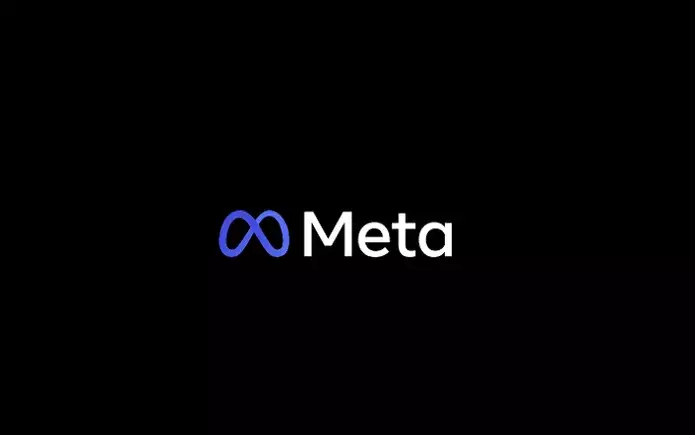In an era where technology has revolutionized our personal and financial interactions, the prevalence of online scams has surged at an alarming rate. Among the myriad types of scams, “pig butchering” has emerged as an insidious variant, characterized by its cunning manipulation techniques. Unlike traditional scams, which may demand quick cash, pig butchering relies on building a fake personal relationship with victims, primarily through platforms where romance and connection are fostered. This gradual grooming not only preys on the loneliness of individuals but also entraps them into substantial financial losses—often involving investments in cryptocurrencies.
This tactic is particularly egregious as it exploits emotional vulnerabilities, leaving victims bereaved not only of their finances but also their sense of trust in online interactions. Understanding this trend is crucial for both platforms, like Meta, and users, as the complexity and deceit involved are designed to go unnoticed until it’s far too late.
To combat the rise of pig butchering and other online scams, Meta has actively engaged in cleaning up its digital ecosystem. Over two million fraudulent accounts associated with scam centers have been removed, primarily those emanating from various Southeast Asian countries. Meta’s focused efforts began in Cambodia and have expanded to include regions like Laos, Myanmar, and the United Arab Emirates. This strategy is not simply reactive; it’s rooted in a multi-faceted approach that incorporates collaboration with law enforcement and non-governmental organizations (NGOs) aimed at curtailing these criminal operations.
Meta’s campaigns are designed to disrupt the operational tactics employed by these scam centers, which have been identified as breeding grounds for organized criminal activity. The implications of these scams extend beyond individual losses; they contribute to broader societal issues, including distrust in digital communications.
The modus operandi of pig butchering scams is elaborate and often chillingly convincing. Scammers invest time in developing trustworthy interpersonal relationships before introducing fraudulent investment opportunities. This gradual approach allows them to endear themselves to vulnerable individuals, effectively disarming their skepticism. For many, the allure of financial gain, buoyed by the perceived affection from these scammers, can cloud judgment, leading to devastating consequences.
Recognizing how scammers operate is essential for potential victims. The combination of emotional manipulation and financial fraud accentuates the need for education surrounding these tactics, and this is where Meta’s outreach becomes critical.
Meta has also taken proactive steps to educate users on how to safeguard themselves against such scams. The company released a set of seven protective measures that are practical and accessible. Among these, implementing two-factor authentication is paramount, as it adds an extra layer of security that is often overlooked. Users are also encouraged to approach unsolicited communications with skepticism, double-checking email addresses and URLs.
This guidance reinforces the idea that digital literacy is indispensable in today’s online landscape. Knowing what to look for—such as suspicious links or too-good-to-be-true investment opportunities—can mean the difference between security and vulnerability.
In addition to these tips, maintaining a vigilant mindset about online interactions can diminish the chances of falling prey to scammers. Regularly updating passwords and being aware of recent scams reported within one’s community can also contribute to a more secure online experience.
As Meta and other tech giants continue to refine their strategies to tackle online scams, the responsibility also rests with users to stay informed and proactive. This partnership between platforms and individuals is vital in combating the rising tide of deceptive practices online. The fight against pig butchering and similar scams is ongoing, emphasizing the need for a collaborative framework that prioritizes safety and trust in online communities.
As individuals navigate the complexities of online relationships and investments, awareness and education will remain essential defenses against the ever-evolving landscape of cyber fraud. Only through vigilance and cooperation can a safer online environment be cultivated, free from the reach of scammers.


Leave a Reply